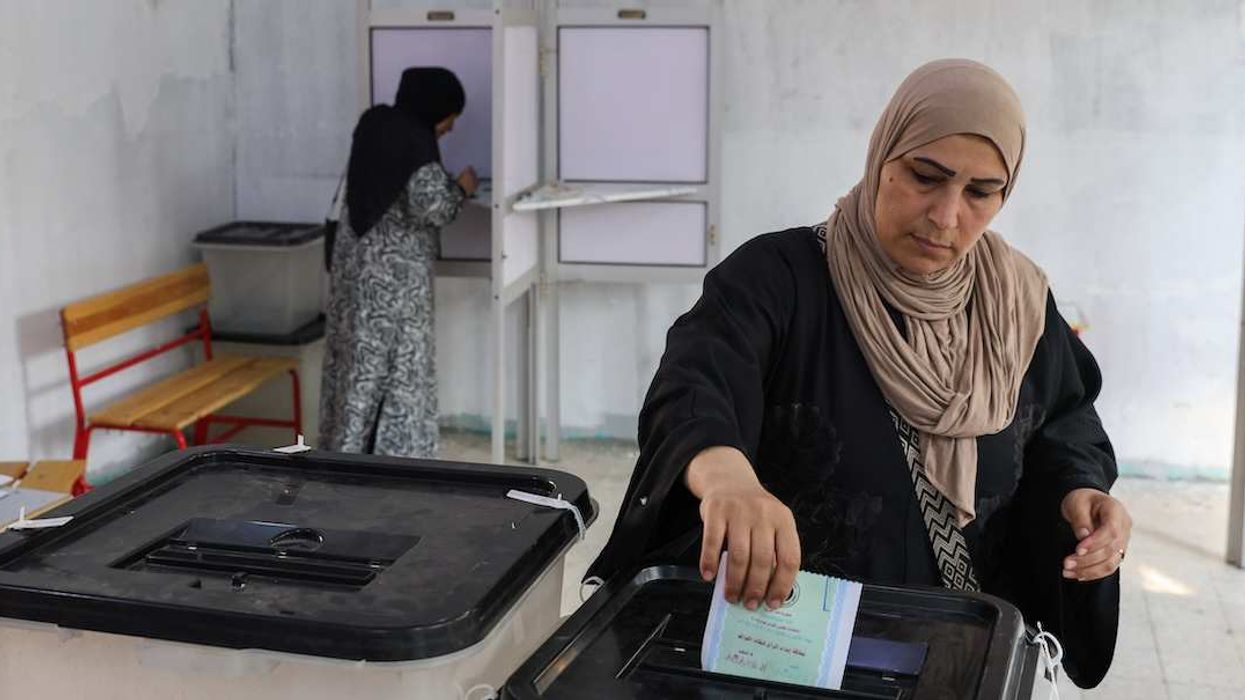Thousands of Venezuelans descended on downtown Caracas Monday to protest strongman President Nicolás Maduro’s claimed victory in Sunday’s elections. Independent exit polls suggested that opposition candidate Edmundo González defeated Maduro — an authoritarian who has overseen economic decline in the oil-rich nation — by a sizable margin.
What began as isolated spontaneous outbursts around the capital turned into a major demonstration by the evening. Protesters chanted “They robbed us!” and waved a banner reading “Venezuela, I want you to be free” in Spanish while authorities responded with riot police, tear gas, armored cars, and paramilitaries with firearms. In the eastern city of Cumaná, protesters reportedly tried to reach the national election authority headquarters but were repulsed by National Guard troops.
International pressure: Opposition leader María Corina Machado, who was banned from running by Maduro’s government, said Tuesday that Maduro’s “departure is irreversible” after receiving exit polls from 71% of polling places, which she says proves the opposition won beyond all doubt.
Secretary of State Antony Blinken on Monday said the US had “serious concerns that the result announced does not reflect the will or the votes of the Venezuelan people,” and called on election officials to publicly release “detailed” vote tabulations. For the time being, however, Washington does not plan to revoke the oil export licenses that were meant to incentivize Maduro to hold a fair election.
Blinken’s sentiments were echoed by leaders from Chile, Uruguay, Peru, Panama, Costa Rica, Ecuador, Argentina, and Guatemala. By late Monday, Venezuela had expelled all diplomats from those countries, plus the Dominican Republic.
What we are watching: It will be surprising if the CNE releases “detailed polling data that dispels international doubts,” says Risa Grais-Targow, an expert on Venezuela at Eurasia Group, but without it, foreign pressure seems likely to grow.
Perhaps more importantly, the will of the opposition and the people to resist what they see as a stolen election will be determinative. We’re watching for protests to continue — and Maduro’s response to become more heavy-handed.
“The military continues to completely support Nicolás Maduro,” says Eurasia Group and GZERO Media president Ian Bremmer. “And that means the willingness and ability to use force to suppress and repress opposition is very high.”
For more on Venezuela’s stolen election, watch Ian’s latest Quick Take here.

















